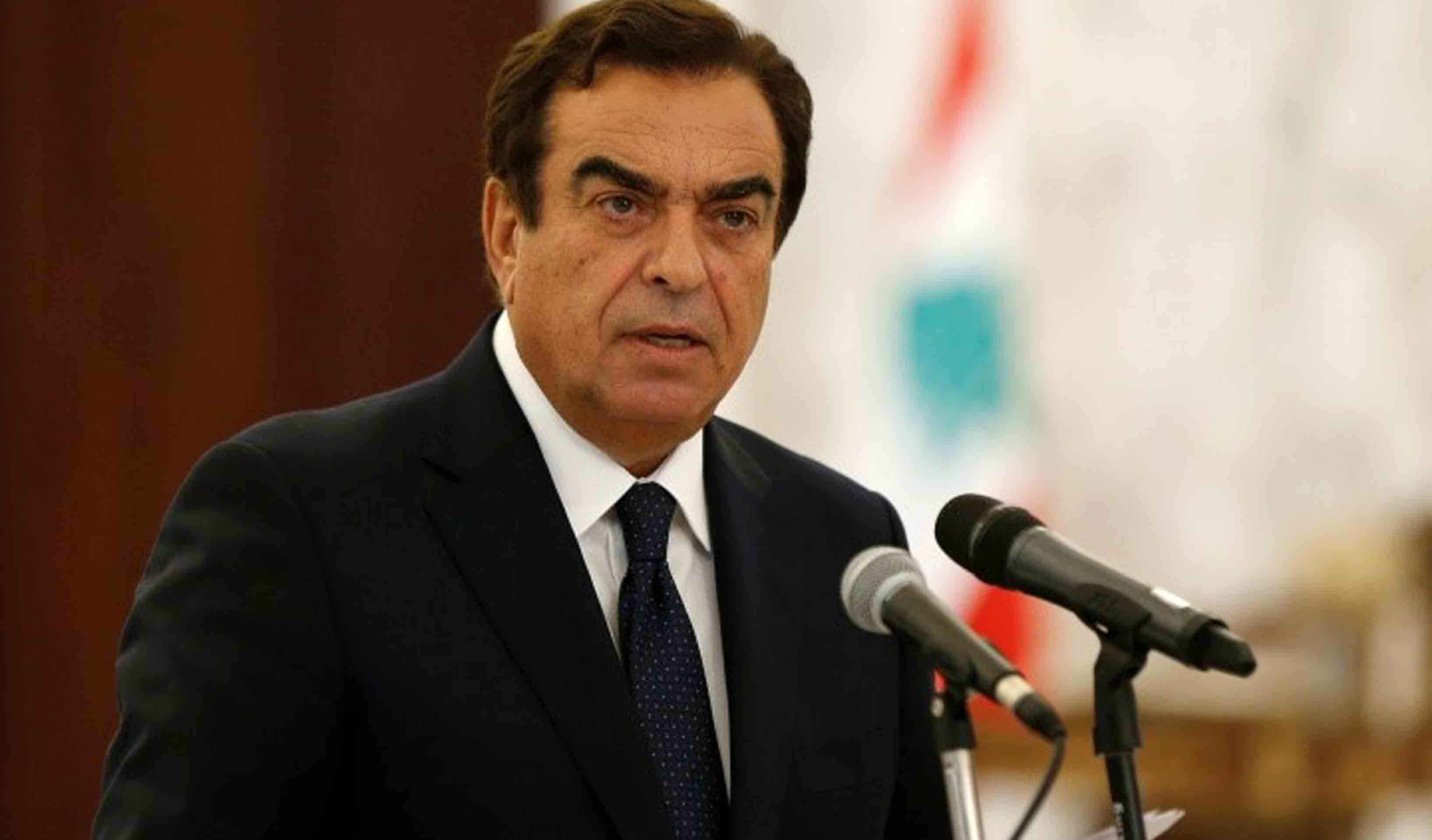
In an interview aired in late October 2021, Lebanese Information Minister George Kordahi called the war in Yemen pointless, saying that the Houthis were simply defending themselves and had attacked no one. Although the interview was taped before Kordahi was appointed minister, his remarks nevertheless ignited a firestorm of controversy. Saudi Arabia was enraged by this expression of sympathy with its wartime foe, particularly after Kordahi refused to apologise.
Despite attempts by the Lebanese prime minister to dissociate the government from Kordahi’s remarks, Saudi Arabia’s response was swift and decisive: on October 29, the kingdom cut diplomatic ties with Lebanon, withdrew its ambassador from Beirut, and banned all Lebanese imports; Bahrain, Kuwait, and the United Arab Emirates soon followed suit.
While Kordahi’s statement was the proximate cause of the break, Saudi Arabia’s actions were driven by broader considerations, primarily its larger regional conflict with Iran. A former television host, Kordahi himself is not very politically influential, but he is symptomatic of what Saudi Arabia sees as the pernicious control that Hezbollah—and behind it Iran—exercises over Lebanese politics.
Seeking to mollify one of Lebanon’s primary benefactors, Lebanese Prime Minister Najib Mikati called on Kordahi to resign in the wake of the controversy, but he proved unable to force Kordahi out—and for Saudi Arabia, that is the crux of the problem. Kordahi, aligned with the pro-Syrian Marada current, received the support of Hezbollah, which threatened to withdraw from the government coalition if he resigned, leaving the country adrift once more in the midst of debilitating domestic conditions.
Given Saudi Arabia’s long-standing influence in Lebanon, it was initially not overly concerned with Iran’s early patronage of Hezbollah, whose sphere of influence was relatively limited. This began to change, however, over the past decade, as Hezbollah’s growing sway over the Shia community and its alliance with General Michel Aoun bolstered its position considerably, making it the kingmaker of Lebanese politics. As the Iranian-Saudi rivalry snowballed into a wider regional conflict after Saudi Arabia declared war on the Houthis in 2015, it was only natural that Lebanon would become another arena for the conflict.
Lebanese political elites initially believed that French, American, or Qatari mediation could set things right with Saudi Arabia and its Gulf allies, but the intervening days have proved this to be an optimistic assessment. Saudi Arabia sees itself as confronting Iranian influence across the Arab world—in Yemen, Iraq and Lebanon—and the Kordahi affair demonstrated for it the scale of Iranian influence in Lebanon. Were it not for Iranian backing, the kingdom believes, a Maronite minister in a government led by a conventional Saudi ally would never have voiced an opinion on Yemeni-Saudi affairs to begin with.
Riyadh seems to believe that cutting diplomatic ties, stopping Gulf tourist flows, and banning Lebanese imports will send a clear message to Lebanese, Arab and international powers that it will no longer tolerate this state of affairs. Moreover, with its actions, the kingdom put an end to French and American pressures to extend financial assistance to Lebanon. In Saudi Arabia’s view, the crisis in Lebanon stems from Hezbollah’s grip over the country, and it does not believe it should be responsible for bailing out the organisation and its Iranian sponsor. On 14 November 2021, the Saudi foreign minister said that the kingdom saw no benefit in dealing with the Lebanese government and he called on the Lebanese political class to throw off Hezbollah dominance.
This does not bode well for Lebanon. Although Saudi Arabia and Iran have been holding exploratory talks under Iraqi aegis for nearly a year now, they have not resulted in any concrete result and have done little to reduce tensions between the two regional powers. In addition, Riyadh feels, perhaps too optimistically, that the results of the October elections in Iraq dealt a blow to Iran’s allies in the country, demonstrating to the Saudis that Iran is not invincible and can be defeated given Arab and Western support and the appropriate policies and methods. This may make it less amenable to bending in Lebanon.
In short, Saudi Arabia’s firm position on Lebanon suggests that ties between the two countries will continue to be held hostage to progress in the Saudi-Iranian talks. It is uncertain, however, whether Lebanon, given its precarious conditions, can survive the wait.
*This is a summary of a policy brief originally written in Arabic, available here.